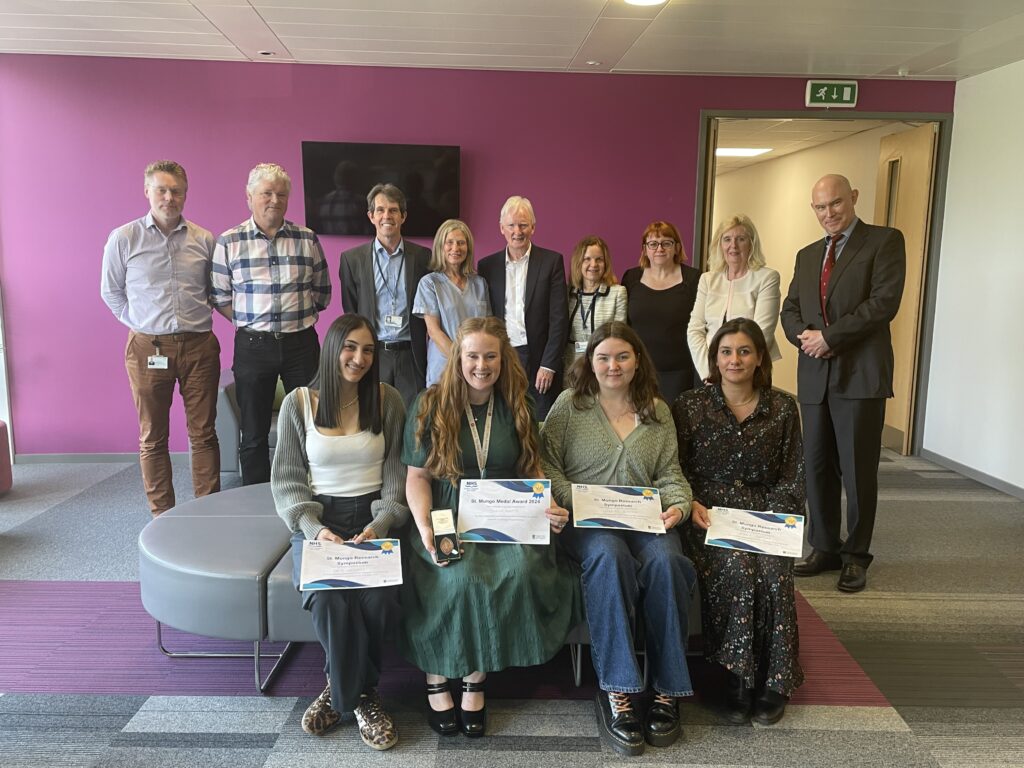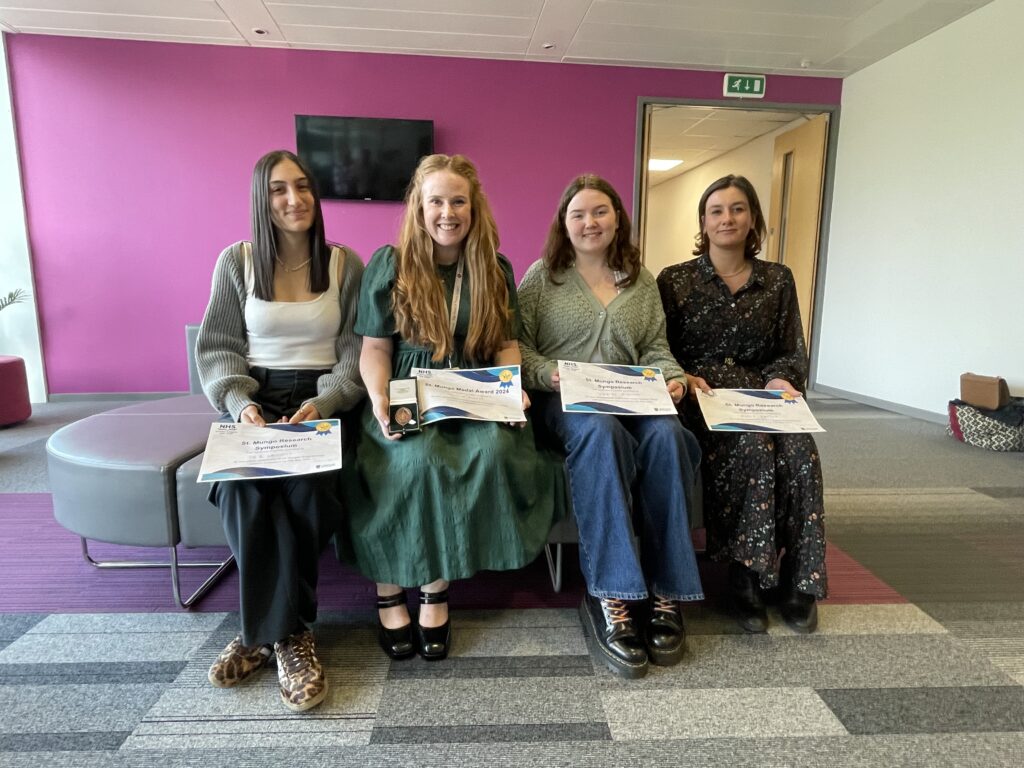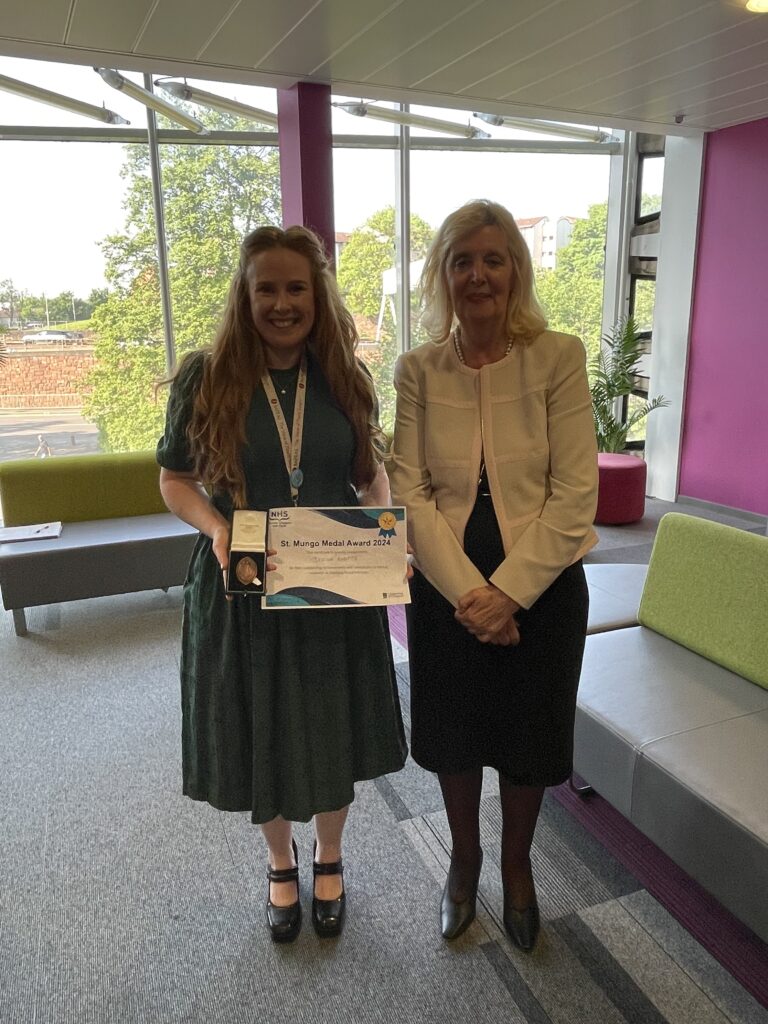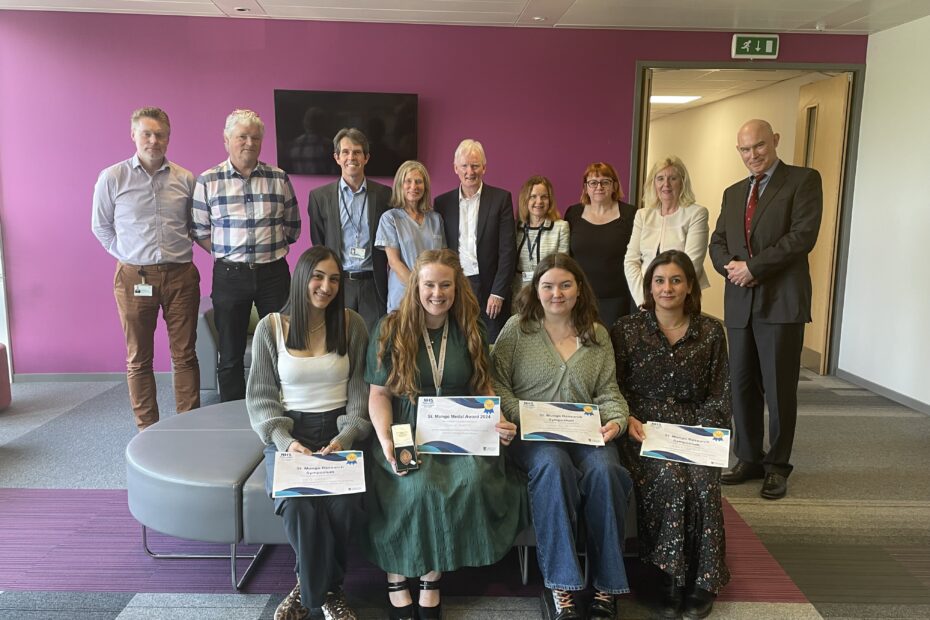
Medical students and junior doctors have been recognised for their groundbreaking contributions to medical research that could help improve healthcare outcomes for patients.
PhD student Jessica Roberts won the 129-year-old St Mungo’s Medal for her work studying human adaptive immune responses to functionalised biomaterials for bone reconstruction.
The runner up was Anna Kamdar, who has examined the impact that post-Covid-19 syndrome has on blood flow.
In total, almost 40 research abstracts were chosen to be presented during the annual St Mungo’s research symposium at Glasgow Royal Infirmary’s Lister Building, with the top nine presented orally, while the others were displayed as posters.
Vhairi Simpson won the best student presentation award and the best poster prize went to medical student Rafaella Hadjicosti.
Prizes were handed out by NHS Greater Glasgow and Clyde chair Dr Lesley Thomson KC, who acknowledged the “drive and determination” of those contributing.

There was also a keynote lecture from Professor Donald McMillan, professor of surgical science.
The annual GRI St Mungo’s research awards are used to recognise exceptional researchers and showcase the high quality and wide range of medical specialities involved in research at the hospital, helped by the close links with the University of Glasgow.
The prestigious St Mungo’s medal was revived in 2017 after being dormant for 70 years, having been awarded from 1894 to 1944 by the St Mungo’s College of Medicine to students and junior doctors for pioneering research.
This year’s event was coordinated by Professor Adrian Stanley and Drs Donogh Maguire and Sharon Mackin, with many GRI consultants and academic colleagues helping to judge this year’s research submissions.
Speaking after the event, Dr Thomson said: “It was an honour to attend and present these prestigious awards, which recognise outstanding work in medical research.
“The drive and determination of those who submitted their research is clear, and their work clearly reflects a desire to improve the lives of others.
“We know that those who submitted research proposals have done this while continuing to carry out their clinical ‘day jobs’, which makes their work even more remarkable given the other pressures they will be facing.
“Everyone who contributed should be incredibly proud of themselves.”

Prof Stanley said: “We were delighted to organise another successful event to showcase and celebrate the very high standard of research being undertaken at this historic and famous hospital.
“These covered a wide range of specialties including medicine, surgery, immunology, Long Covid, cancer and sepsis, and we congratulate all of those who submitted and presented their work.
“The annual St Mungo’s research meeting is extremely important both to support the high level of research at Glasgow Royal Infirmary, and to encourage and inspire junior doctors and students in this important aspect of their work.”

